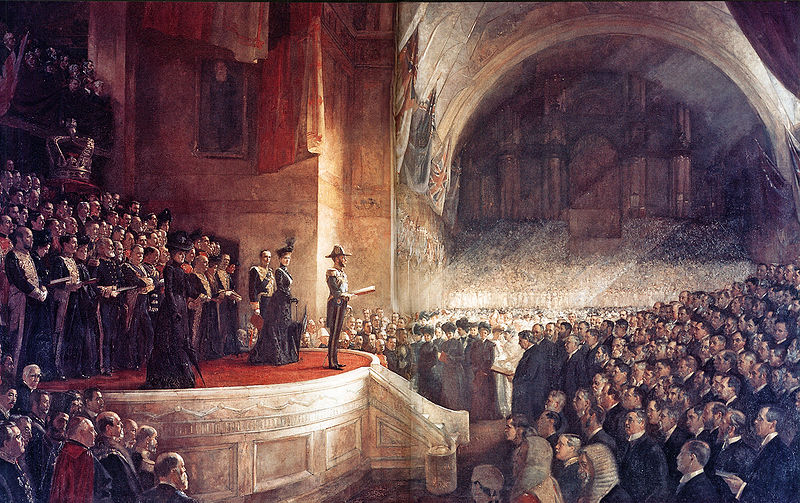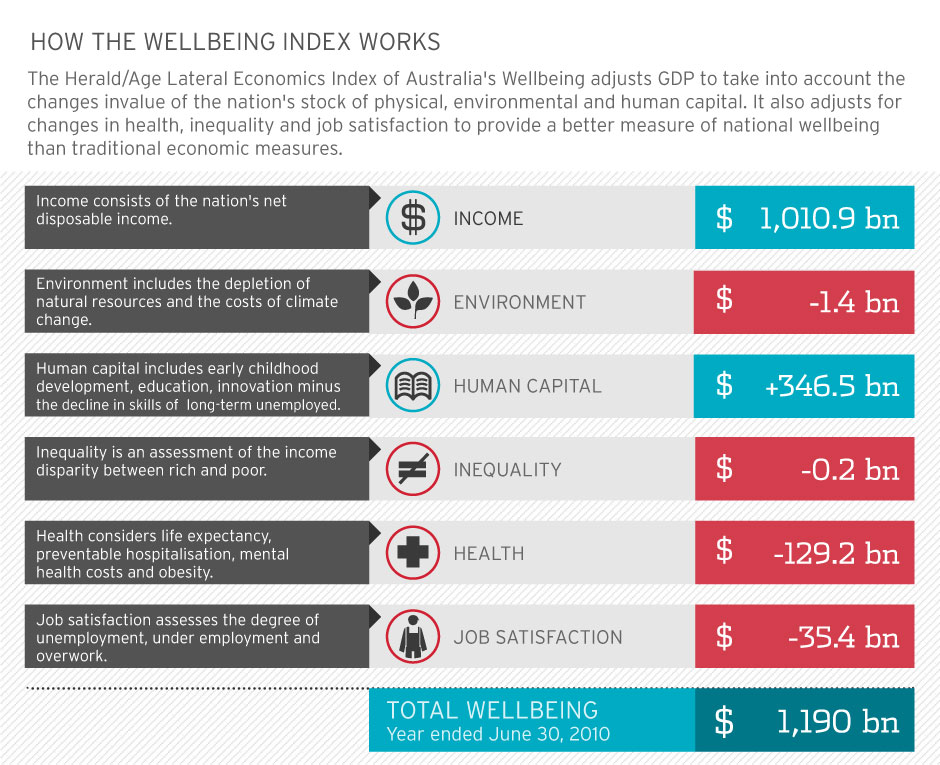conservative
Slow Revolution
Are you happy with the way your country is being run these days? Are you happy with environmental degradation, with the depletion of natural resources and the prospect of climate change? Are you happy with the increasing concentration of wealth in the hands of the wealthy? Are you happy with the calibre of political discourse today? Are you happy with your politicians?
I’m going to venture a guess and suggest you’re probably not terribly thrilled with many, or even all, of these things. Neither am I.
So what are we going to do about it?
It seems the time is ripe for revolution. The Occupy Wall Street movement called for one. So has Russell Brand. Egypt had one (and is still having one). And with dissatisfaction in government increasing in many developed countries around the world, it’s likely there will be many more itching for one.
But “traditional” revolution is not easy to get going. And even harder to get right. It takes a critical mass of people ready to risk all they have in order to push for something better. This works when the revolutionaries have little to lose, not so well when they covet their widescreen TVs and iPads. It also takes a wave of support to mobilise everyone at once; a trickle of rabble rousers doesn’t a revolution make.
I haven’t much stomach for the kind of fast and loud revolution that people like Brand are calling for. I’m not really the activist type. I’d prefer to think up a snappy slogan than hold one aloft in a crowd. I’d prefer to enact change carefully and methodically than risk it running out of control – which is how revolutions normally go (*cough* Egypt).
So I want to propose an alternative approach to overhauling The System, one that aims to enact the same radical change called for by OWS, Russell Brand and others, but seeks to do so without the pitchforks and guillotines.
I call it Slow Revolution.



